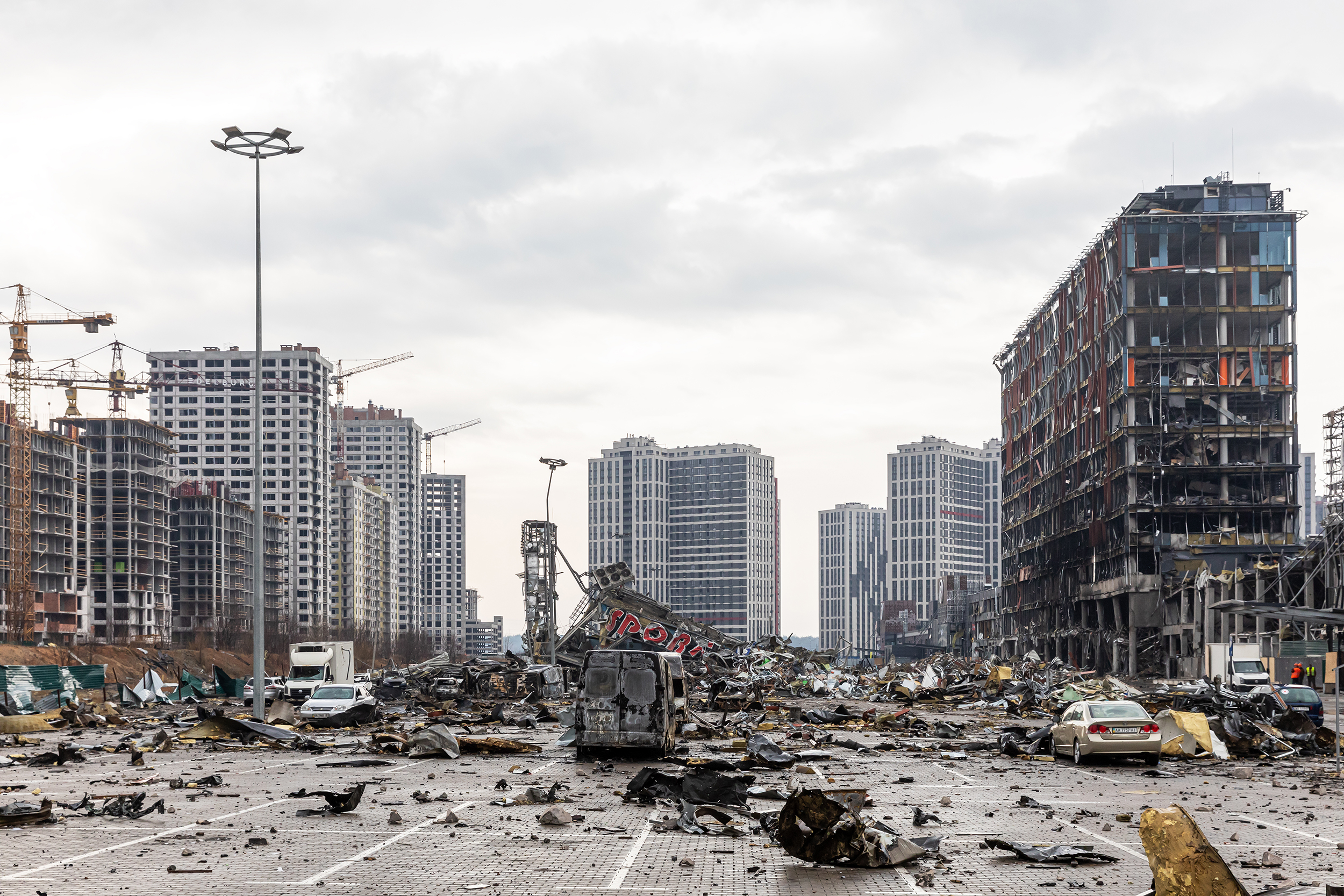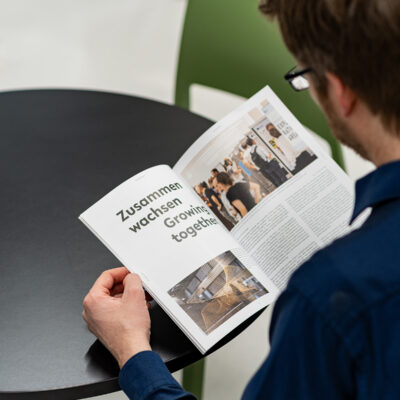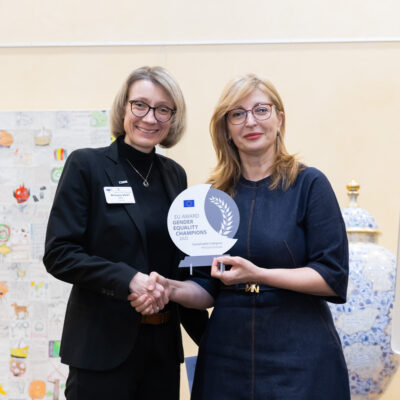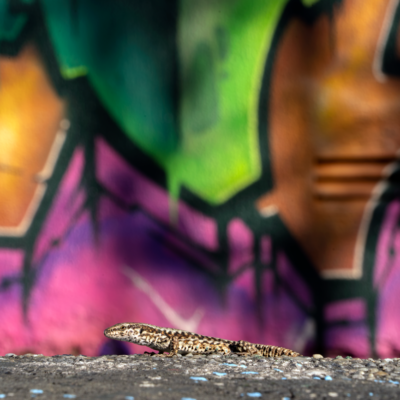A year has passed since Russia invaded Ukraine. Prior to 24 February 2022, German-Russian relations had long been akin to a partnership. Today, Berlin is supplying Kyiv with tanks. The Russian invasion of Ukraine marked a “Zeitenwende”, that is a watershed moment, for Chancellor Olaf Scholz. In the Collaborative Research Centre ‘Practices of Comparing’ (CRC 1288), political scientist Dr Thomas Müller is examining world political change. Here he explains the political narrative behind the term and how world politics might evolve after this turning point.
How do we recognize a watershed?
Watersheds are moments of reorientation and the questioning of old certainties. Very few of us have experienced the kind of attack that Russia is currently waging against Ukraine. It’s an exceptional situation that gives us pause for thought. Political decisions affect citizens—when more money is spent on the Bundeswehr, when energy prices rise as a result of the sanctions against Russia and we get caught up in inflation. In academia, contacts and research partnerships come to a halt. We reassess circumstances that were previously considered good and desirable.
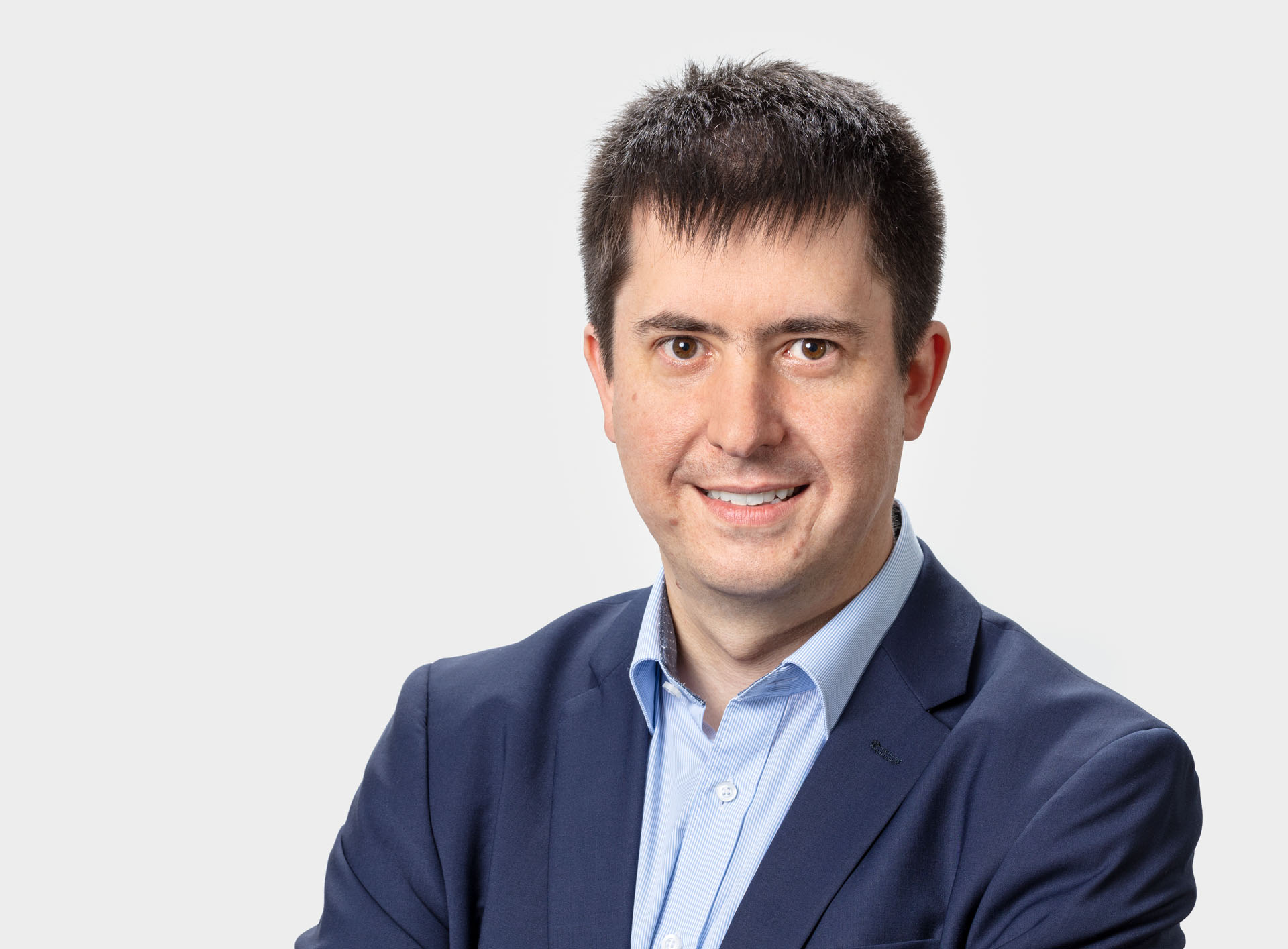
© Phillip Ottendörfer/Bielefeld University
When did we last experience such a watershed moment?
The end of the Cold War and 9/11 most likely count among them. It depends on who is defining the watershed moment: who are the actors speaking of a profound change? It also raises the question of how we want to tell international history. If we only look at the history between powerful nations, the great wars must be included. When it comes to the history of imperialism, decolonisation is an important event during the Cold War and marks a turning point—the end of formal empires. That’s also what my research is about: who says change is underway? What do actors want and what can they achieve by making this claim?
What constitutes a watershed moment is therefore a question of perspective?
Yes. A couple of examples illustrate this: Chancellor Olaf Scholz uses the term to legitimize the dramatic political shift on the issues of the Bundeswehr, arms deliveries, and energy policy. Since the Cold War, the narrative in Germany has been that the world is getting better and more democratic, and that Russia is a partner. Economic relations were more important for world politics than military power for a large part of the German political community. If we follow this narrative, this war is a moment of awakening. By contrast, in the past decade, the political debate in the United States has been dominated by the premise that the world is moving back into an era of great power competition, with more tensions and conflicts between the most powerful nations. A war like the one in Ukraine does not mark a watershed, but rather confirms this premise. Russia and China, for their part, consider the past 30 years to have been shaped too much by the West. They say the West used pressure and force to impose its own concept of world order. Now the world is moving back towards multipolarity with several states having similar power potentials. From the perspective of Russia and China, this is a good development, as a balance of power is being established. The United States’ support of Ukraine is proof for them that the United States wants to prevent this from happening and to maintain its own dominance. As you can see, there are many different interpretations of this one event, depending on perspective and experience.

© Phillip Ottendörfer/Bielefeld University
How can we shape this time of profound change?
Narratives create opportunities for action. They make certain courses of action seem reasonable or even necessary and others inappropriate. It is a difficult process for Scholz because he wants to break with previous policies and certainties with his narrative of a watershed moment. For a long time, the principle in Germany was that no weapons should be supplied to conflict areas. Now, this has changed. Discussions about the delivery of Leopard tanks had to be held both within the government and with partners in Europe and the United States. The lesson Germany learned from the second World War was never to act alone again and never to be the first country to take military action. The fact that the German government has let others make a move first is interpreted abroad as hesitation, indecision, an inability to help Ukraine. There is another reason for this hesitation: old political certainties are obsolete; those in power are operating on uncertain terrain and are inching their way forward. However, this cautious repositioning and reorientation does seem to be at odds with Germany’s aspiration to play a leading role in Europe. Scholz even justifies the German government’s actions to the US public in an article in the magazine Foreign Affairs. He is keen to counter the perception of hesitation. At the same time, he makes an argument for how to deal with the change that is happening: Scholz wants to return to world politics before the ‘watershed moment’. He is determined to halt the change initiated by Putin and moreover wants to prevent world politics from being conceived in terms of the narrative of a new cold war between the United States, Russia, and China. He wants to keep open other options for action.
Which concept of world order will prevail in the end?
The question is whether other types of world politics are gaining in importance. Whether military power will become more important again in the long run, whether great powers will cooperate more or less in the future, will affect whether or not global problems like climate change can be solved. If more competition and tensions between countries lead to a decrease in the level of cooperation, it will become more difficult to face such challenges. Right now, it’s not simply a matter of taking political decisions to help Ukraine. In the long run, there’s much more at stake. What we are talking about is whether great powers should have special rights in world politics—whether, for example, they should be allowed to control the policies of their neighbours, as Russia is effectively demanding—and whether the international community will still be able to deal with common challenges in a spirit of cooperation.
In the Collaborative Research Centre 1288 ‘Practices of Comparing’ you analyse how power is compared in world politics.
Exactly, and to do this we study the period between 1970 and today. Based on four countries—Germany, the UK, the United States and Canada—as well as the EU, G7 and G20, we are looking at how the distribution of power in the world has been talked about and how perceptions of this distribution have changed. We are examining how states use narratives of changes in the distribution of power for their own political ends. These narratives create political visions and put topics on the agenda. The German narrative of a watershed moment is a prime example because it places renewed emphasis on military power— and thus on the Bundeswehr. Or take the narrative of China’s rise. In our project, we explore the extent to which the competition for power between nations is provoked and fuelled by narratives of such a competition. The United States says: we are competing with China. They are upgrading their military and changing their economic policy. China is making similiar moves. When both think they are in competition with one another and act accordingly, it becomes more intense. It’s then a self-fulfilling prophecy.
About this series
In these interviews, academics at the university explain their assessment of the war in Ukraine from the perspective of their own disciplines. Previously published interviews:
- Professor Dr Andreas Zick (25.03.2022): ‘We need to know where more violence is brewing’
- Professor Dr Frank Grüner (31.03.2022): ‘Putin is distorting history for his own ends’
- Professor Dr Véronique Zanetti (14.04.2022): ‘A nuclear war must be avoided at all costs’
- Dr Leif Seibert (23.05.2022): ‘Putin and Kirill benefit from mutual legitimation’
- Assistant Professor Dr Julian Hinz (14.06.2022): ‘Russia has gambled away its economic future’
- Professor Dr Christina Morina (21.07.2022): ‘The Eastern European perspective has been neglected for too long’
- Professor Dr Antje Flüchter (21.10.2022): ‘Comparing with the Holocaust is relativizing history’
- Professor Dr Peter Bernard Ladkin (14.11.2022): ‘The Hollywood image of hackers is misleading’
- Professor Dr Andreas Vasilache (11.11.2022): ‘Deeper integration is the EU’s reponse to crises’ (in German)
- Dr Matthias Buschmeier (01.12.2022): ‘A boycott robs a culture of a piece of its heritage’ (in German)
